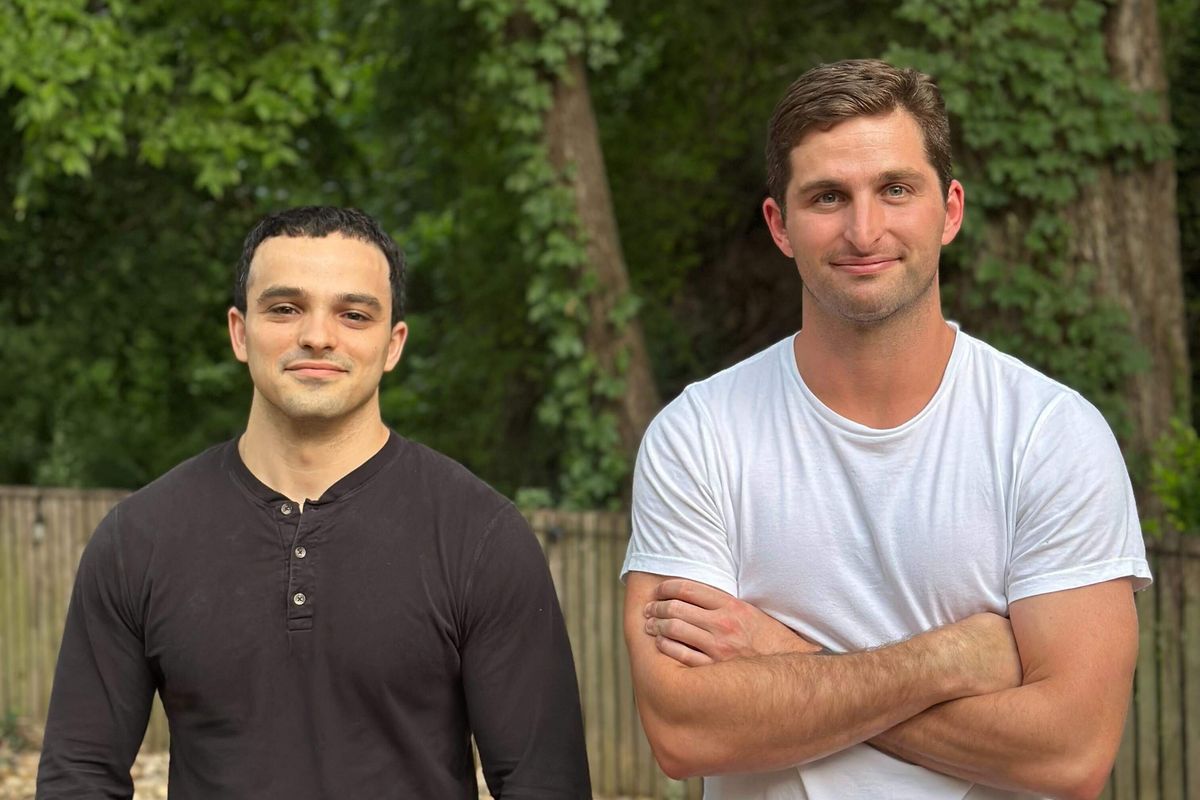How this 78-year-old Houston chemical company is evolving as an energy tech leader
at the helm
Kendra Lee had no designs on running the family business.
“In fact, I never planned on being a part of Merichem,” Lee recalls.
In 1945, Lee’s grandfather, John T. Files, and a pair of business partners founded the company in Houston. Their goal was to take a potential waste product and turn it into something that would benefit the oil and gas industry — an early attempt at sustainability.
What started as a soap and industrial cleaning company began procuring cresylate, which is a waste from the refineries treating gasoline, to recover spent cresylic acids, which are highly caustic, and refine them so they could be sold into the industrial chemicals market.
“When we were founded, we were a chemical company,” says Lee. “Today, we have morphed into a technology company.”
That transformation began in the 1970s. By 1997, when Merichem put the chemical end of their business into a joint venture with Sasol, the focus had transferred to Merichem Process Technology and Merichem Caustic Services, while Sasol took over the chemical branch.
Merichem Process Technology designs and fabricates equipment for sulfur removal, while Merichem Caustic Services works with companies to handle spent caustic for beneficial reuse rather than waste. The innovative company has more than 1,200 units licensed globally for operation in a myriad of applications. Those allow the 78-year-old company to further push sustainability as a priority.
Lee began her career with Merichem more than 20 years ago as an entry-level laboratory technician.
“I’ve never left, and I kept getting opportunities — now here I am,” she says.
Where she is is at the top of the ladder. Lee became chairman of the board in 2012 and CEO in 2014. But doesn’t think of Merichem as a family business. Lee is only the third member of the family to work at the company, including Files and the cousin who followed him as CEO.
Lee says that she seldom spoke to her grandfather about the business. He worked at Merichem until the day he died in 2002, but Lee recalls that, as a low-level employee, she didn’t have a single meeting with him before that time.
“Our interactions were very normal family dinners,” she explains.
Since her transition into leadership, Lee says, “My focus has really been on continuing the legacy my grandfather and cousin created. We’re very employee-focused and community-focused. Part of our role as part of our industry is to provide livelihoods and be good stewards in communities in which we operate.”
She adds that she’s also focused on innovation.
“That was a big part of who my grandfather was. That’s how we transitioned from being a chemical company to a technology company” she says. That means looking for new methods not only in the research facility, but in every segment of the company.
That eye toward the next big discovery will likely see a significant payoff in one to three years, when a new product, designed to improve on hydrogen sulfide removal — with a new catalyst that is regnerable — will be commercially available. But right now, customers can take advantage of the company’s new Standard LO-CAT® system. The product is the result of continuous improvements from the previous system and boasts low operating costs, no liquid waste streams, and significant turndown capability.
And what will follow for the Houston born-and-based company? Merichem has plans to push further into the renewables field, says Lee, adding that there is a continued need for Merichem’s technology as we transition into other types of energy, including geothermal. More than three quarters of a century after its founding, Merichem is still a company on the forefront.















